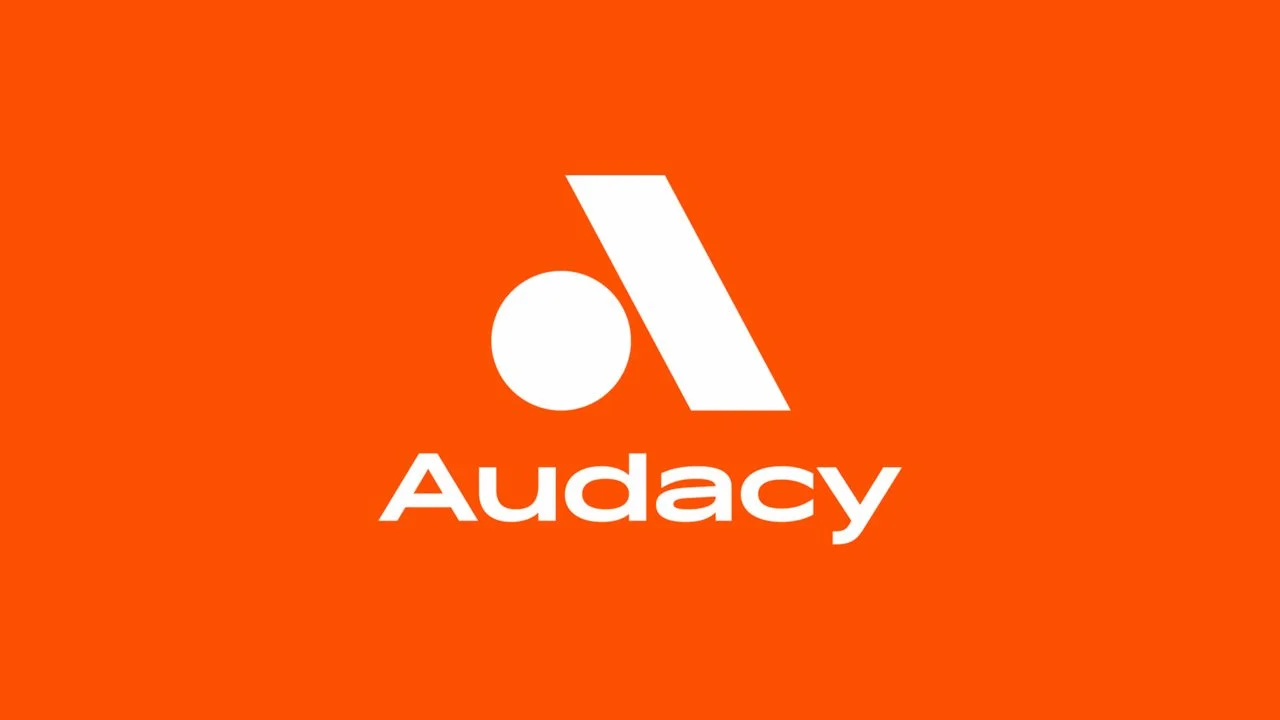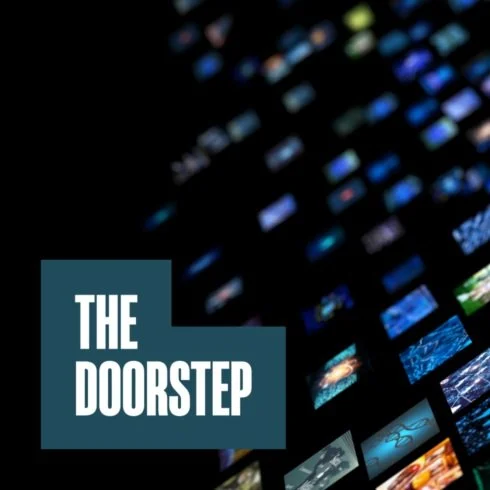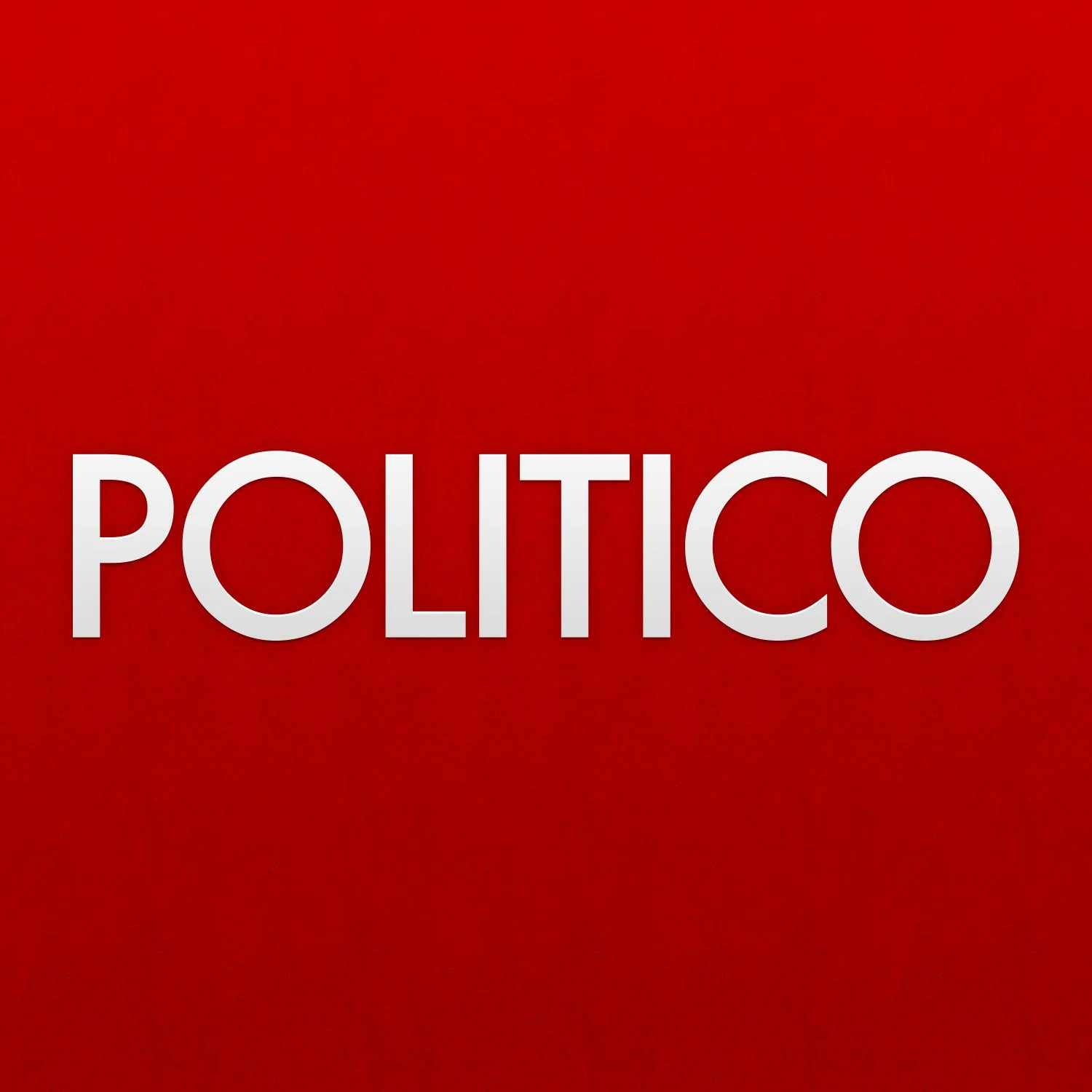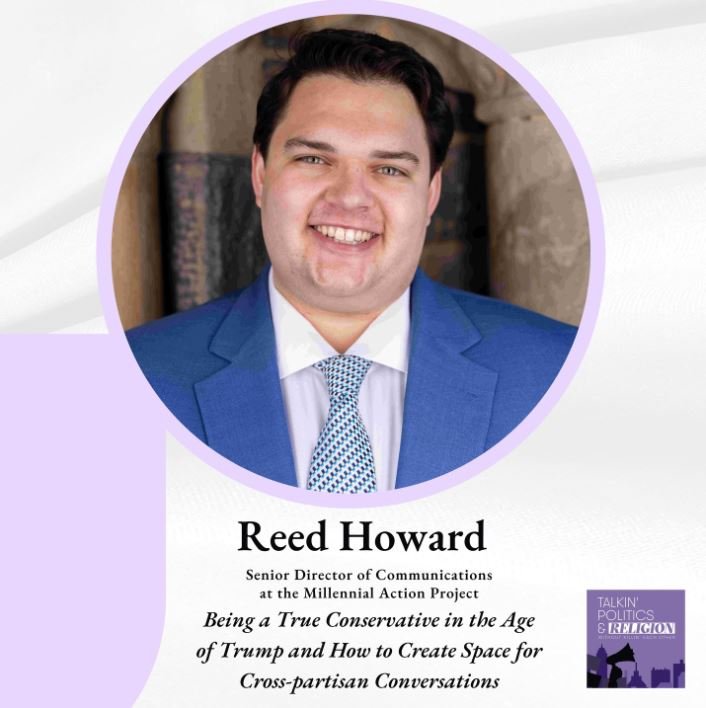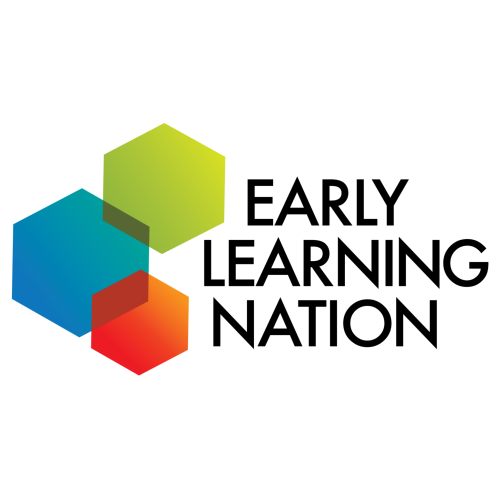Gen Z still has a very small representation in state legislatures, with just 73 following the most recent midterms, according to the youth leadership nonprofit Millennial Action Project. Still, that is up from 23 before the midterms.
CSPAN BookTV: After Words by Philip Bump (featuring Layla Zaidane
Washington Post columnist Philip Bump examined how baby boomers have impacted the U.S economy and political system and how future generations will fare. He was interviewed by Millennial Action Project president Layla Zaidane.
Buzz: millennials take over Congress
1 in 6 congressional candidates in the midterm elections is a millennial
1 in 6 midterm candidates are millennials: report
1 in 6 midterm candidates are millennials: report
The Young Leaders Transforming the 2022 Midterms, with Layla Zaidane (PODCAST)
With less than a week to Election Day, Layla Zaidane, president and CEO of the Millennial Action Project, joins Doorstep co-hosts, Nick Gvosdev and Tatiana Serafin for a preview of changes ahead as young leaders step up to run for office and come out to vote.
Generation Z and millennial candidates elbow into 2022 contention
The next generation takes on Congress
FIRST IN SCORE — Over 300 congressional candidates on the ballot next week are 45 and under, according to a new report from the Millennial Action Project .
Young Candidates Running in the 2022 Midterms Could Reshape US Politics
There are roughly 270 young candidates — all under 45 — running for Congress in the 2022 midterms. They couldn’t come any sooner: A new analysis shows our Congress is one of the oldest on average in recent history.
Election 2022: Meet 101st House District Rep. John-Michael Parker
Reed Howard of the Millennial Action Project: Being a True Conservative in the Age of Trump and How to Create Space for Cross-Partisan Conversations
New Ascend Fellows Announced at the Aspen Institute
For 10 years, Ascend at the Aspen Institute has worked with families and partners to generate educational success and economic mobility. “Breaking the cycle of intergenerational poverty starts by changing the trajectory for our youngest children and families in early childhood,” says Anne Mosle, vice president of the Aspen Institute and founder and executive director of Ascend.
The Future Favors the Brave
Commentary: Young people are winning elections. Now what?
Our young elected officials want training to craft and enact good policies for their constituents. We need to make sure they have the resources to get the job done.
Millennials are sweeping into public office: From 2018 to 2020, the United States saw a 266 percent increase in young people running for Congress. In 2021, young people made history with candidates like Nadarius Clark, the youngest Democrat elected to the legislature in Virginia history, and 36-year-old Brandon Umba, a Republican elected to the New Jersey General Assembly. It’s clear from this swell of young people stepping into public service that we are not only ready to shift the political status quo, but we see ourselves as agents of change to do just that. However, to succeed, there’s one thing this generation of elected leaders is missing: professional development.
Kaplan Solutions attributes major benefits to professional development, including increased retention, confidence and credibility, easier succession planning, re-energized staff, and increased efficiency. A recent Gallup report found that 59 percent of millennials say opportunities to learn and grow are extremely important to them when applying for a job. That’s more than any other generation, and legislators are no exception. Freshman members of the House of Representatives are asking for resources that can help them navigate the modern challenges they face. Instead, as Rep. Ilhan Omar shared, “When people are giving you advice, it’s from decades ago as a freshman.”
It’s not always a question of will. In some cases, more senior legislators simply lack the skills that new legislators desperately need to learn. As Congress has become increasingly hyper-polarized, the most visible policymakers are not always the best role models for young leaders. That puts new lawmakers in a tough position: They can either learn bad behaviors from the colleagues they see around them, or they can try to learn how to be an effective policymaker without any support or resources to do so.
In a hearing held by the House Select Committee on the Modernization of Congress, freshmen asked for more robust onboarding and professional development in areas like promoting civility and respect, as well as in leadership training. The committee’s vice chair, Rep. Will Timmons, said in a joint statement with fellow committee member Mary Gay Scanlon, “We came to Congress with different backgrounds but with a similar goal, and that’s to solve problems for the American people. By improving the support, resources, and tools available to new Members of Congress, we can help the next generation of leaders get to work as soon as they set foot in our nation’s capital.” This desire for professional development doesn’t stop with young legislators. Congressional staffers reported similar needs when it comes to investing in their career growth and development. Yet instead of receiving the support they require, these aides — the majority of whom are millennials — are burning out at their jobs and quitting in just 3.1 years.
The outcome of providing more professional development is clear: Our young elected officials and their teams want training to craft and enact good policies for their constituents. The more equipped our leaders are, the more equipped we are to tackle issues important for the future. And the good news is, even though millennials may feel under-equipped for the positions they are taking on today, the tide seems to be turning when it comes to investing in the future. Millennial-run congressional offices have begun advocating for improving pay and benefits, along with securing up-to-date technology, equipment and platforms for their staff.
Millennials are now the largest generation in America, making up the majority of the American workforce, military, consumers and more. They are diving into leadership positions such as CEOs, managers, investors and even members of Congress. As millennials take the reins, our success will ripple across the organizations, industries and institutions that we lead. It’s in everyone’s best interest to make sure that the next generation of leaders has the tools, training and skills to do their jobs well. Young people have taken the first step towards changing our politics for the better. Now we need to make sure they have the resources available to get the job done.
Young people are winning elections. Now what?
48 Reasons to Feel Optimistic Today
Millennials can’t afford real estate — destined to remain sad apartment dwellers
The American Dream for millennials just turned a new corner: Thanks to soaring student debt and crushing financial liabilities, homeownership is not in view.
Despite a slight uptick lately, the homeownership rate among millennials remains the lowest compared with previous generations. Roughly 1 in 3 US millennials under 35 owned homes at the end of last year.
Many analysts say indicators point to US millennial homeownership declining, perhaps even heading for a dive if a recession strikes.
According to a new study by LendEDU, 26% of millennials who are not yet homeowners identify a lack of savings; 10% blame “overwhelming” student loan debt; 5% blame “overwhelming” credit card debt; 6% blame other debt; and 17% cite poor credit. Nearly a quarter cite low income.
“I would love to own a home but I face what many other millennials are facing — the cost of mortgages and homeownership is beyond our means right now,” Steven Olikara, founder and president of the nonpartisan advocacy group Millennial Action Project, told The Post.
“It is really tough,” added Olikara, a college graduate, single and in his late 20s, who lives in a rental. “I see too many of my friends who’ve had to put their dream on hold because of too much debt, or because they do not have enough income.”
With job gains holding US unemployment at a historically low 3.7% rate — and the economy growing despite some pullback — millennials should be in a sweet spot. But analysts say overwhelming debt and a dearth of well-paid jobs are hurting the demographic, made up of roughly 22- to 37-year-olds.
“I see this phenomenon in my practice on a nearly daily basis,” said Gary DeVicci, managing director of advisory services at CPI Companies in Voorhees, NJ. “Millennials are often forced to move back home to save money and/or to reduce debt, so they can get ahead with their financial lives, which means buying a home of their own — the cornerstone of the American dream.”
But their debt is escalating. According to the Northwestern Mutual 2018 Planning & Progress Study, the typical millennial had some $36,000 in personal debt last year, excluding home mortgages. Millennials nationwide had one of the largest jumps in credit card debt in the past 12 months, with each holding an average of $4,712 in card debt in the first quarter, according to Experian.
And student debt, at some $1.5 trillion-plus, continues to skyrocket.
The Millennial Action Project’s Olikara cited a need to “embrace further flexible versions of college and dramatically improve vocational and other job training programs.” He added, “The last recession, and the burden of student and other millennial debt, have shifted the conversation. The economic challenges faced by millennials is a problem for the entire nation — everyone benefits if millennials do well.”









